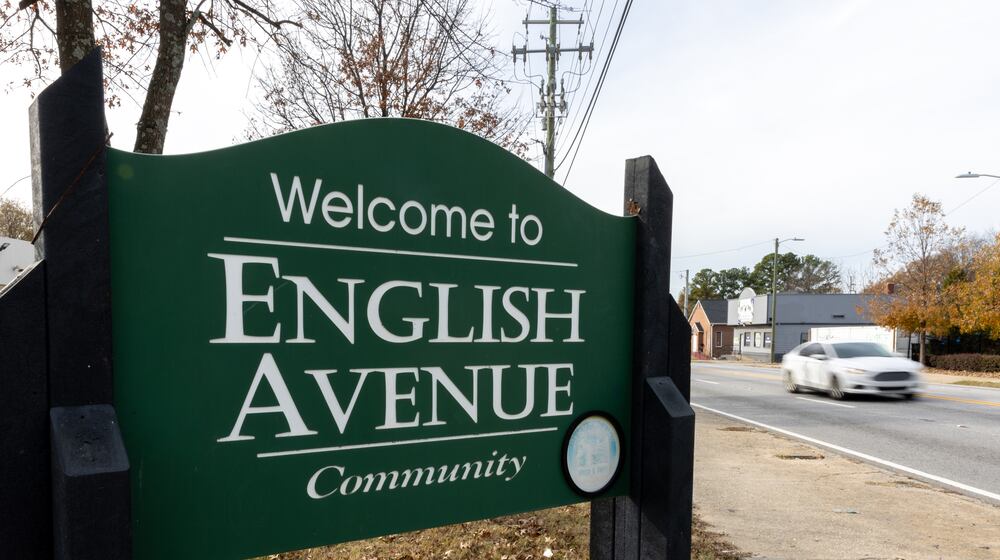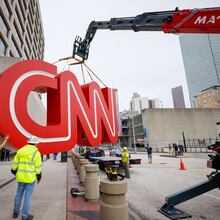Find Matt on Facebook (facebook.com/mattkempnercolumnist) and Twitter (@MattKempner) or email him at mkempner@ajc.com.
Tesla Motors is an upstart maker of electric vehicles that look normal but drive like buttered road rockets. Yet as new and hot as it is, the company just opened its next to last store in Georgia.
The new Alpharetta retail outlet is the fourth of only five Tesla is allowed. As odd as this sounds, if the company opened more, well, it would be breaking the law.
Tesla is riding mostly positive buzz these days. The company said it logged an astounding 325,000 customer pre-orders (each with a $1,000 deposit) just in the first week for its new Model 3, which doesn't even start production until late next year. The Model 3 is priced around $35,000, less than half the starting price of Tesla's current vehicles. We'll see if the company can really handle the rush. Financial losses are growing, but Tesla just announced it's speeding up production plans.
Usually, of course, businesses in a free market don’t face government caps on how many stores they can own.
But Georgia law and legislators have protected entrenched auto dealers by banning manufacturers from directly selling new vehicles to consumers, at least in any meaningful number.
So instead, consumers — and automakers — are forced to use independent dealers for new cars.
Maybe that’s fine for companies like Ford and Honda that chose to grow with dealers.
Tesla, though, wanted to try a different path. So it’s been fighting with states across the nation to get around arcane legal limits.
Tesla has won some ground in the fight in Georgia.
Lawmakers here begrudgingly created a narrow exception for Tesla last year, after Georgia dealers sued to halt all Tesla sales in the state, and Tesla argued a loophole in the law excused it from state limitations. The two sides worked out a compromise.
The new legislation didn’t mention Tesla by name. But it was written so that only the company would qualify for an exception allowing it to have five Georgia retail locations. (Tesla’s stores are in Marietta, Decatur, Lenox Square mall in Buckhead and, now, the Avalon development in Alpharetta.)
“Hopefully, it will be the last”
Georgia dealers, who regularly give mountains of campaign donations to legislators and employ more than 30,000 Georgians, got something they wanted, too. The legislature eliminated a legal loophole that might have let other new automakers sell without using independent dealers.
“Tesla is the first,” Bill Morie, the president of the Georgia Automobile Dealers Association, told me last year. “Hopefully, it will be the last.”
Recently, Morie stressed to me again how the independent dealership system gives consumers price competition for the same models and acts as a consumer advocate to deal with recalls and service issues.
He isn’t interested in Tesla getting any more sales outlets to serve consumers.
For now, Tesla says it can operate within the current Georgia limitations.
“It is certainly not a perfect solution, but it is a solution,” Diarmuid O’Connell, the company’s vice president of business development, told me.
Of course, if Tesla is to grow the use of electric vehicles the way it wants in Georgia, he said, “we are going to have to move beyond urban Atlanta at some point. But that is in the future.”
Personally, I can’t think of a good reason for government to keep innovations like this or others out of south Georgia or anywhere else.
The limits shouldn’t stand. Not the ones on Tesla. And certainly not the virtual ban on any future startup automakers that might want to sell direct to consumers.
There’s no compelling governmental need in this instance for politicians to pick business favorites and to restrict consumer choice in new car sales.
(Fair disclosure: like traditional automakers, Tesla has benefited from government love. For example, it got a $465 million federal loan to reopen a production plant. It repaid the money.)
State Rep. Chuck Martin pushed for the Georgia legislation last year that allowed Tesla to keep selling cars in Georgia.
The Alpharetta Republican told me he’s open to making more changes. Generally, he said, “we need to move to a model dictated by the free market and not the Georgia legislature.”
He said he wants auto dealers to help devise ideas for how to do that. He just doubts many are willing to give up government protections and risk jobs and substantial investments in the process.
I get that. But that’s the difference between a free market and a free lunch.
About the Author





